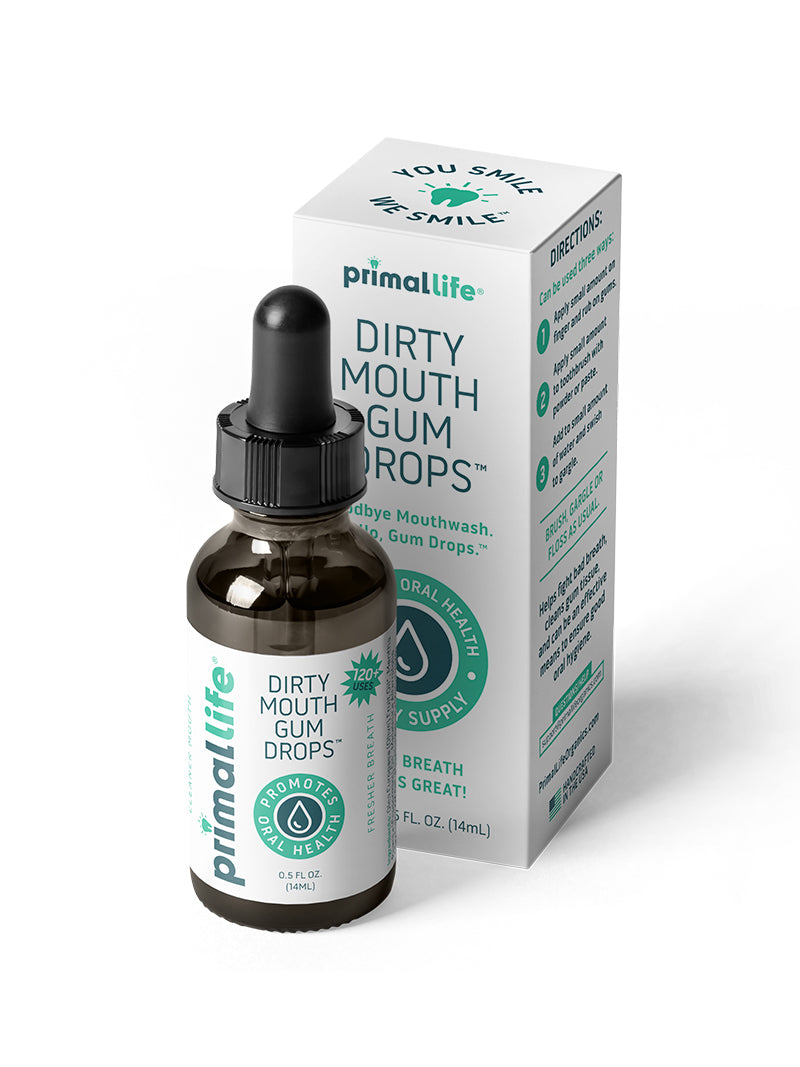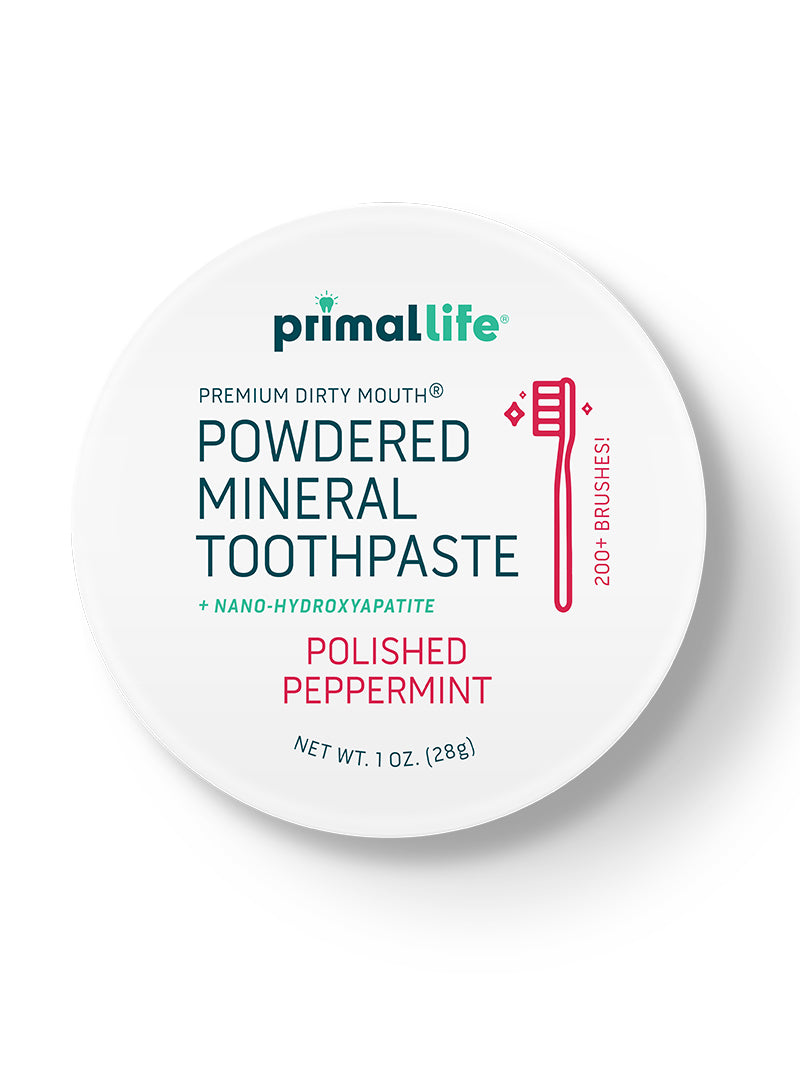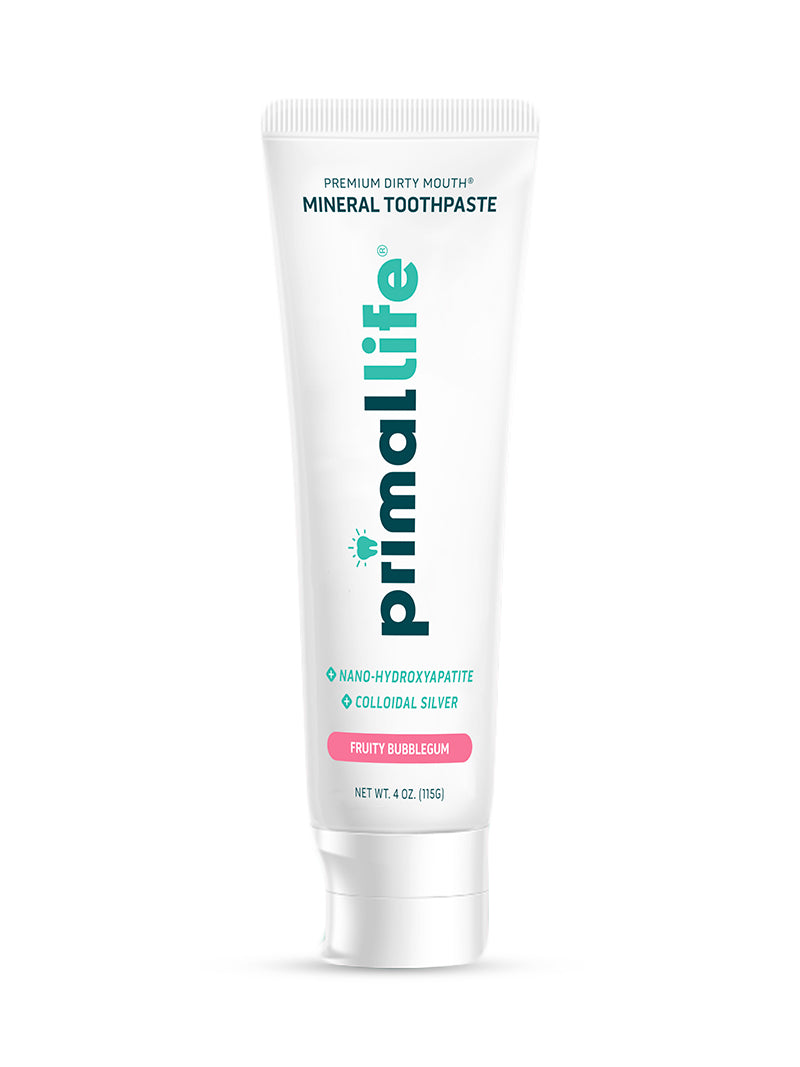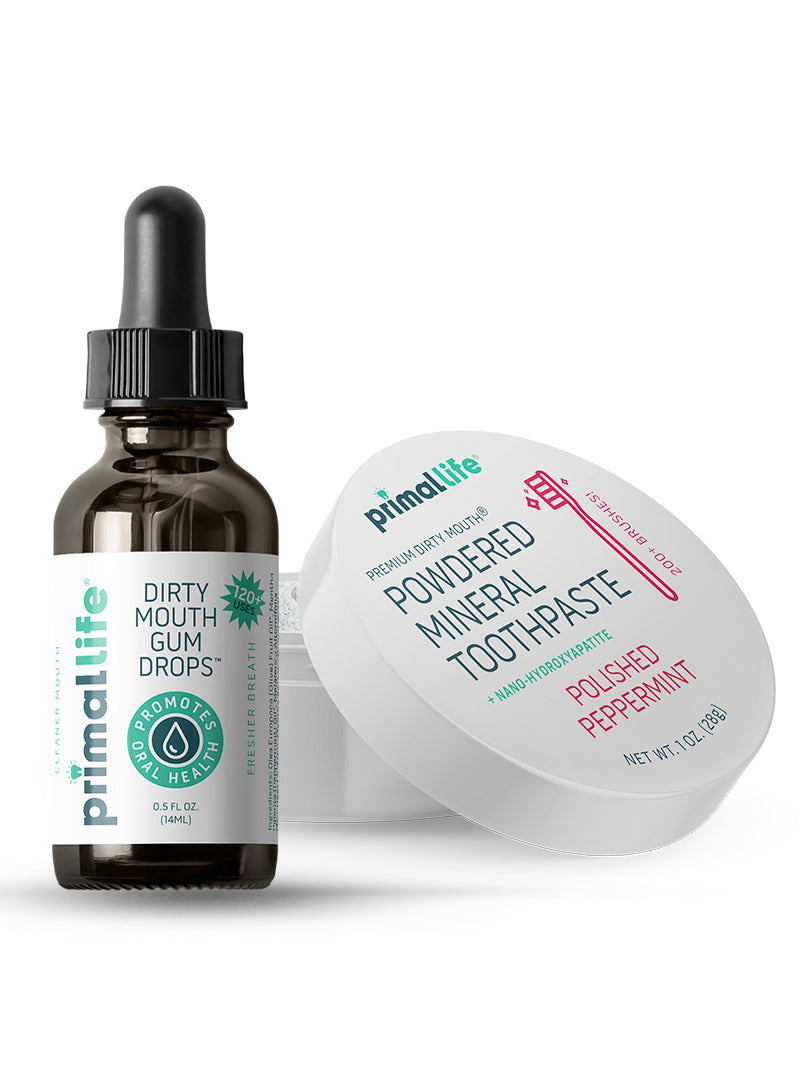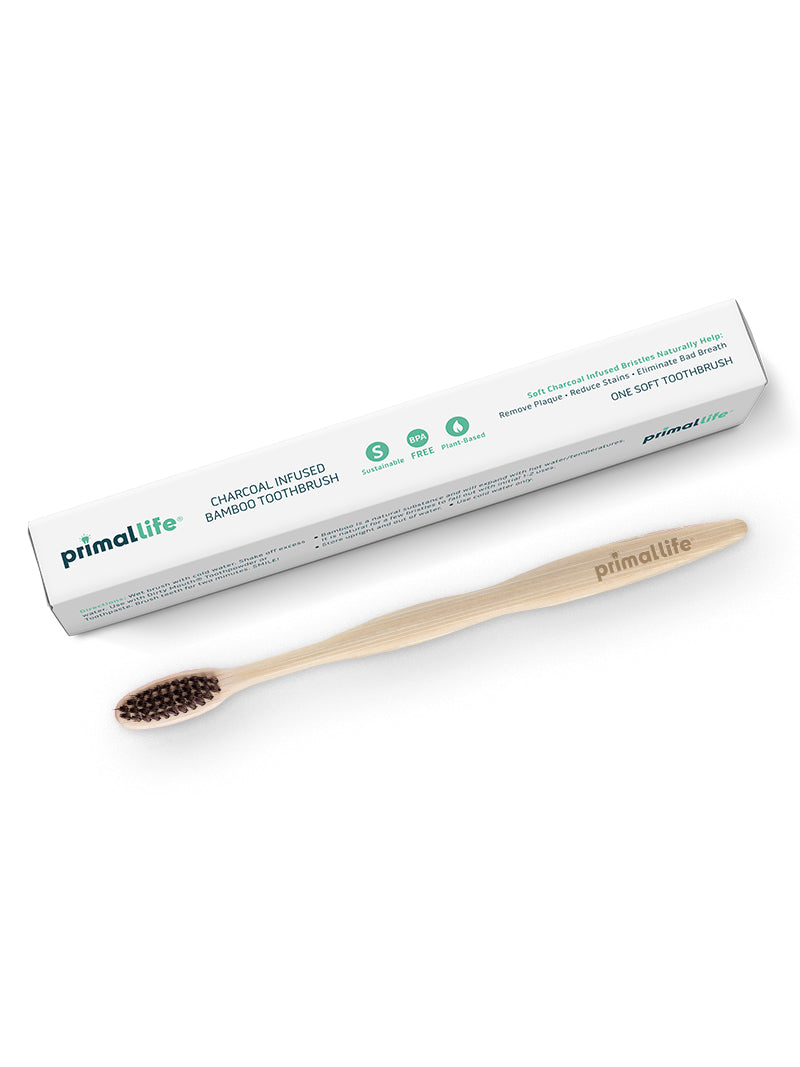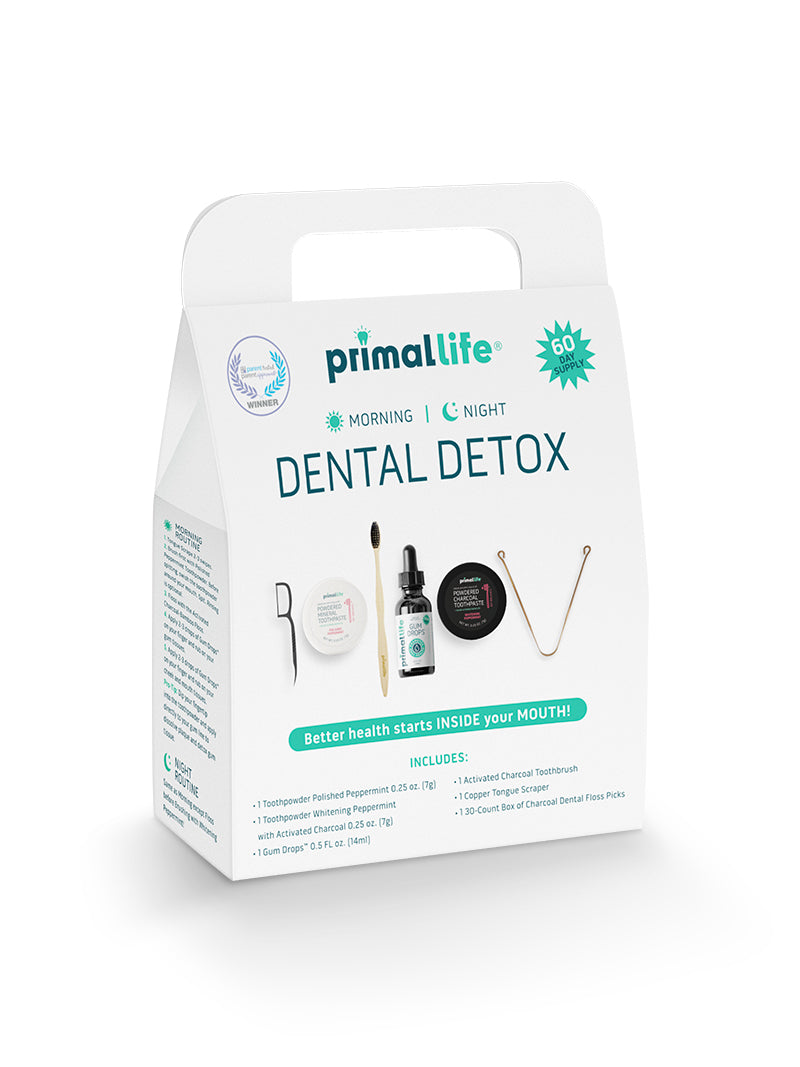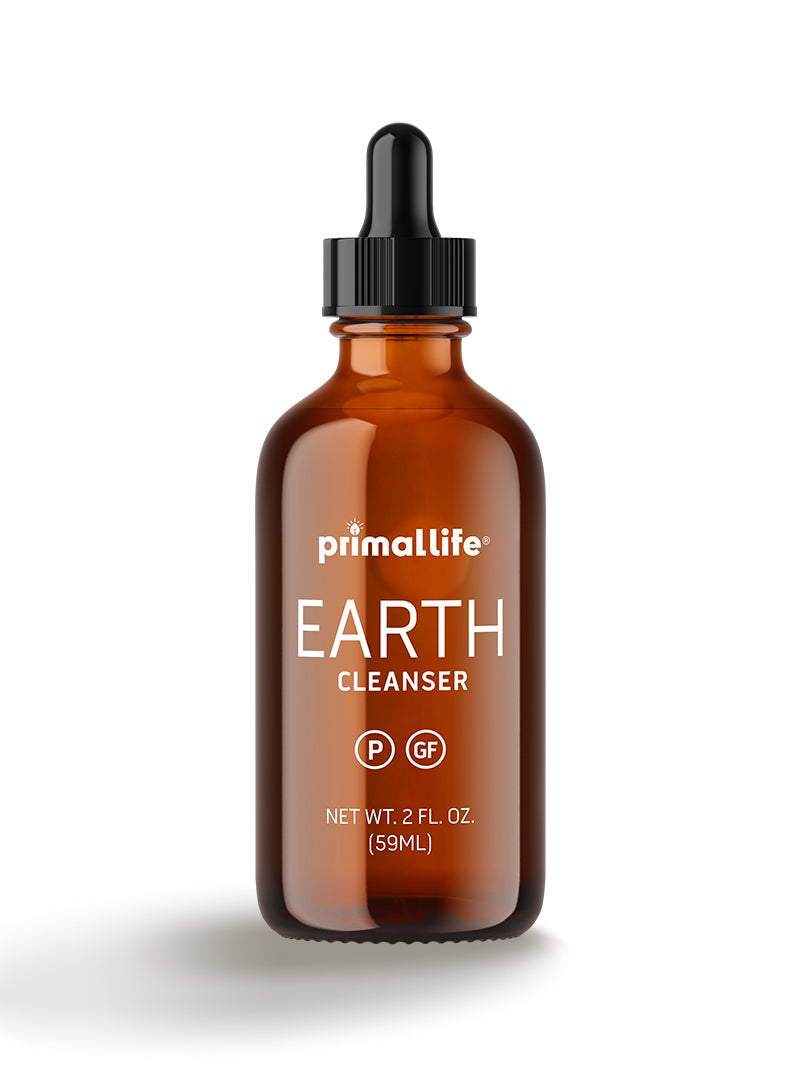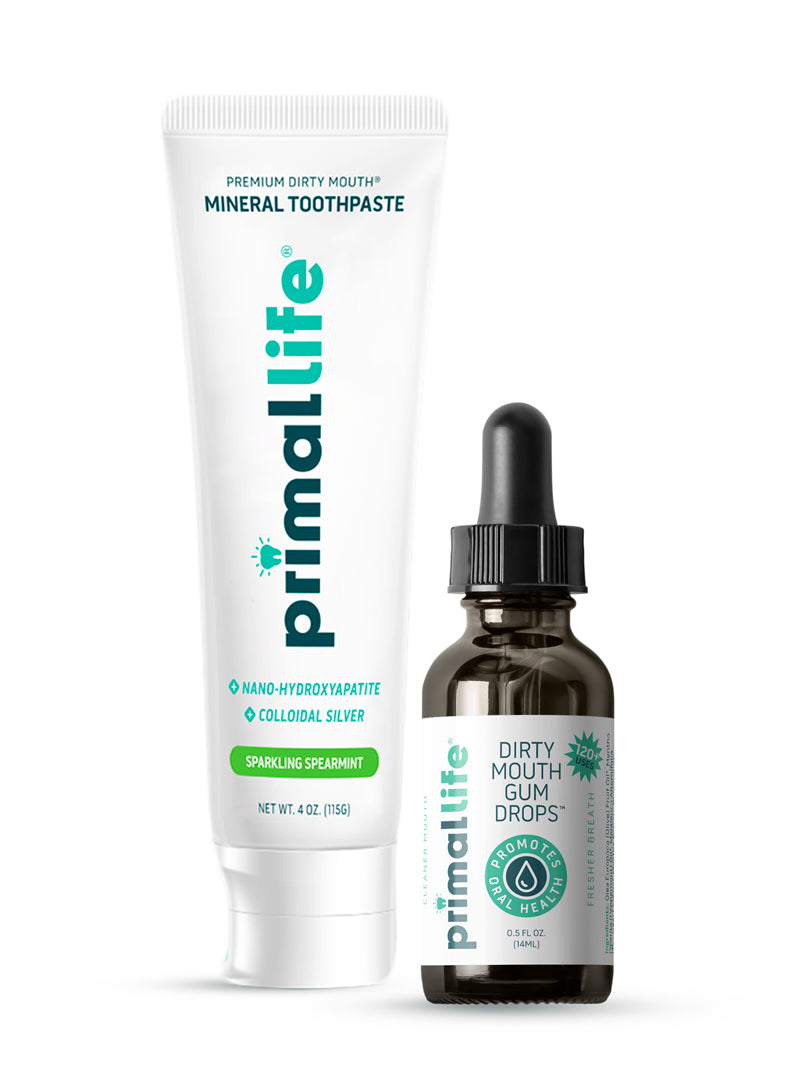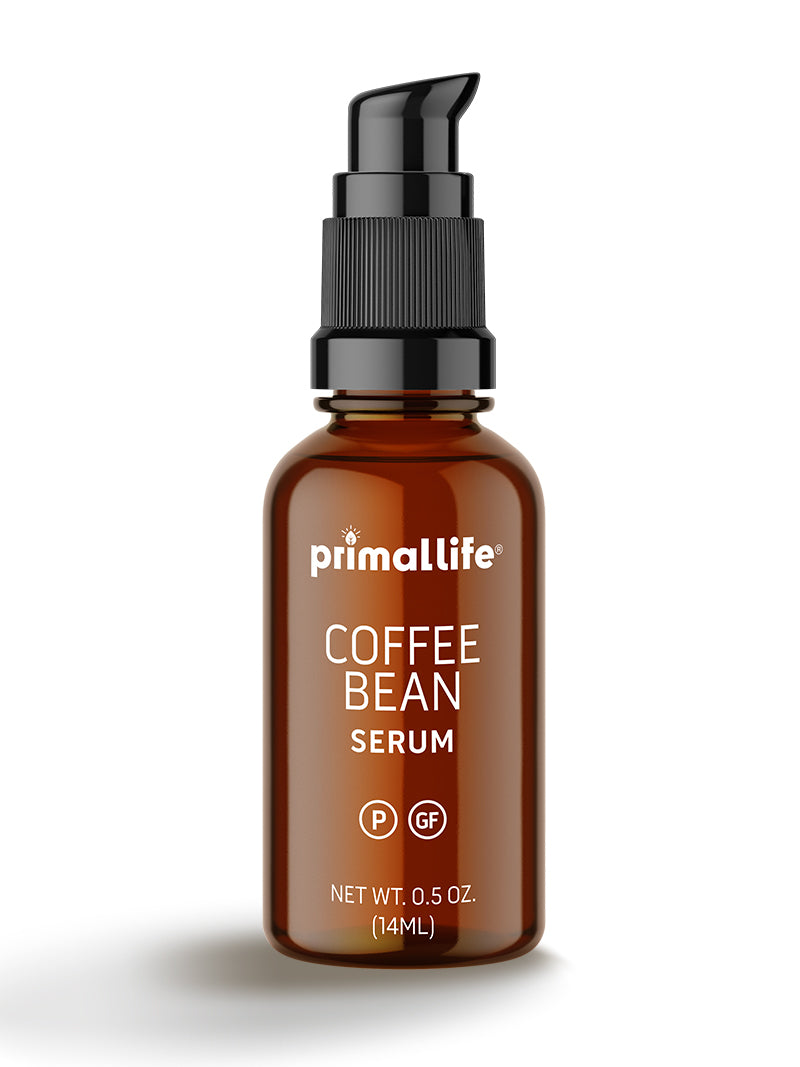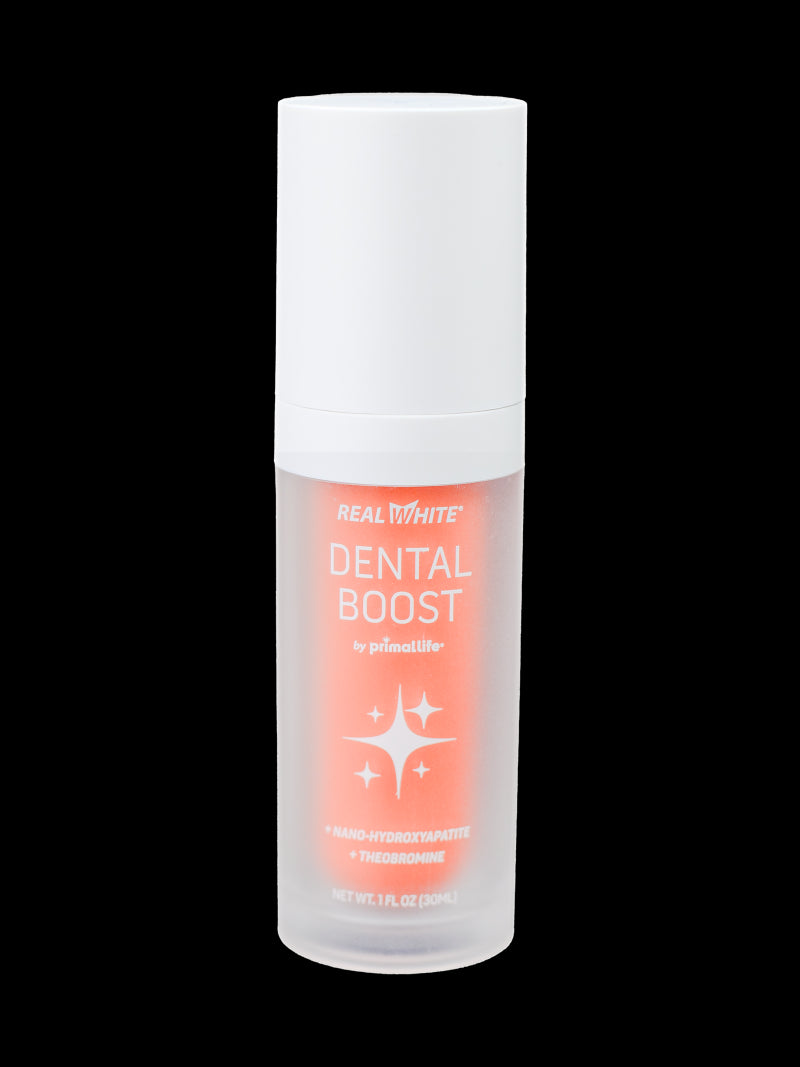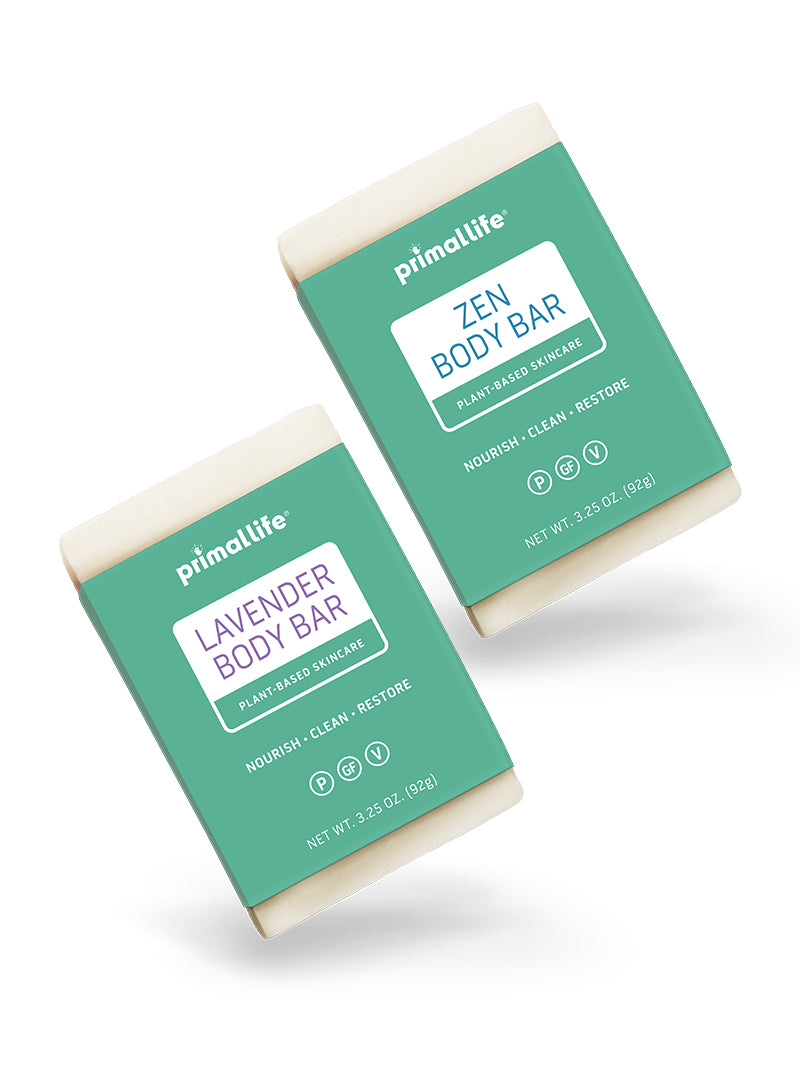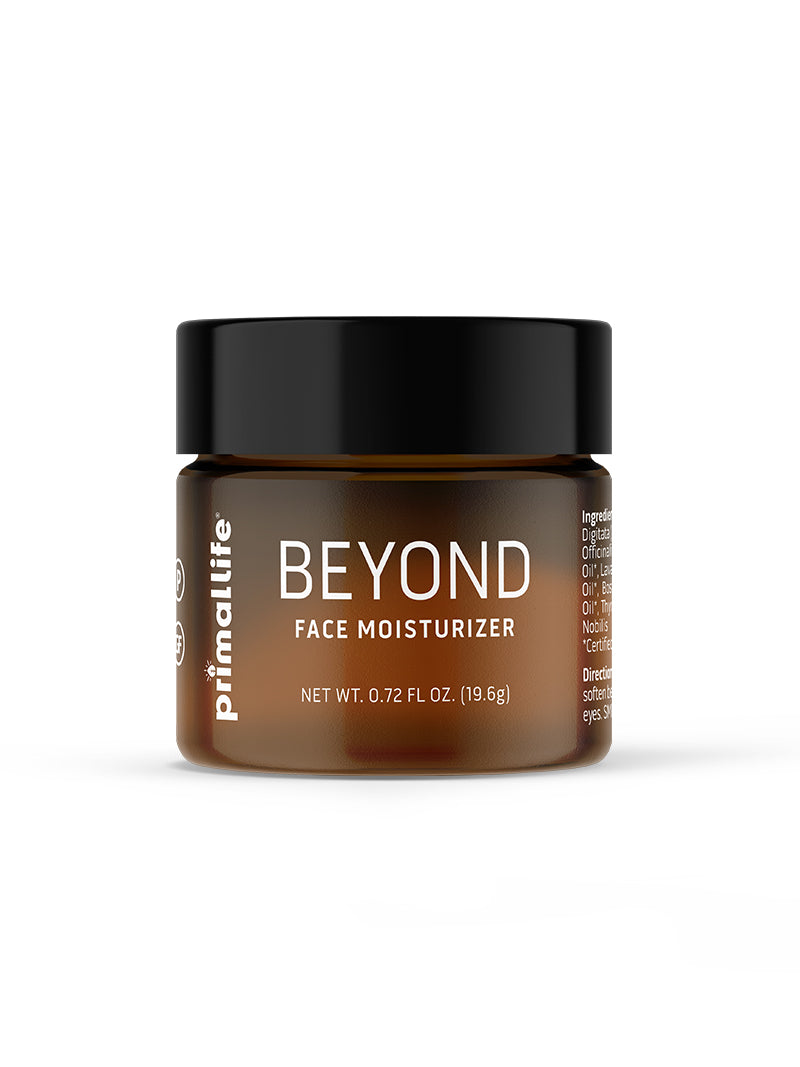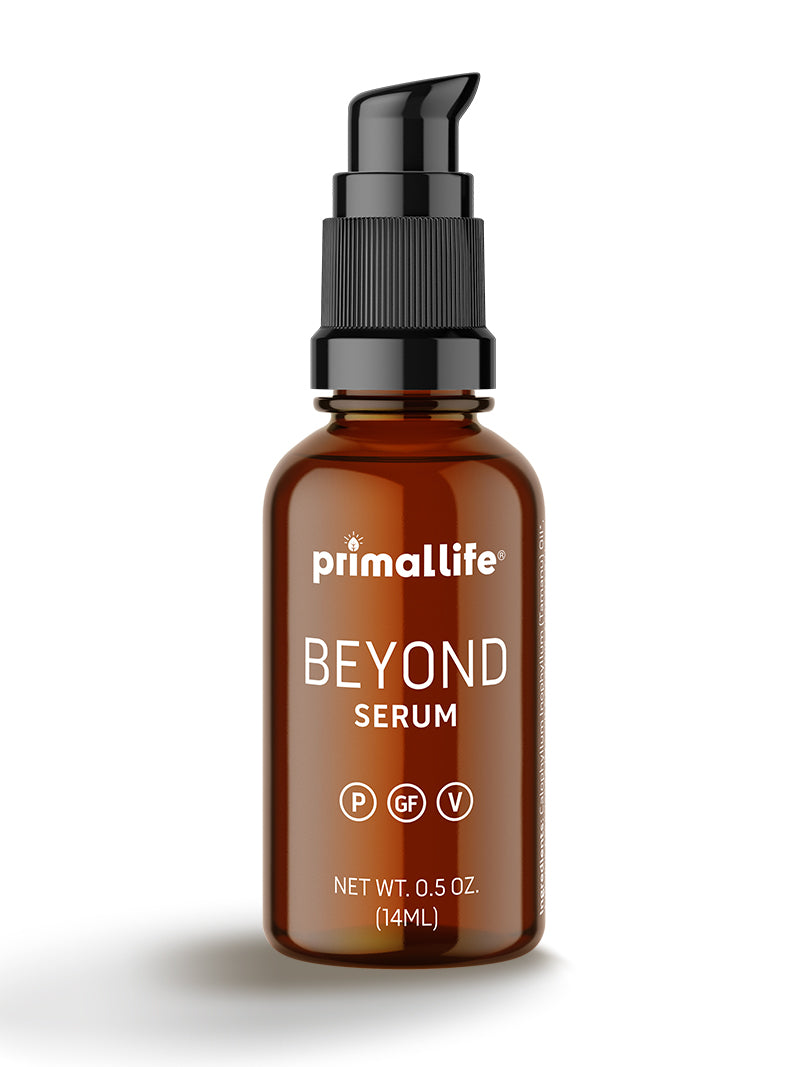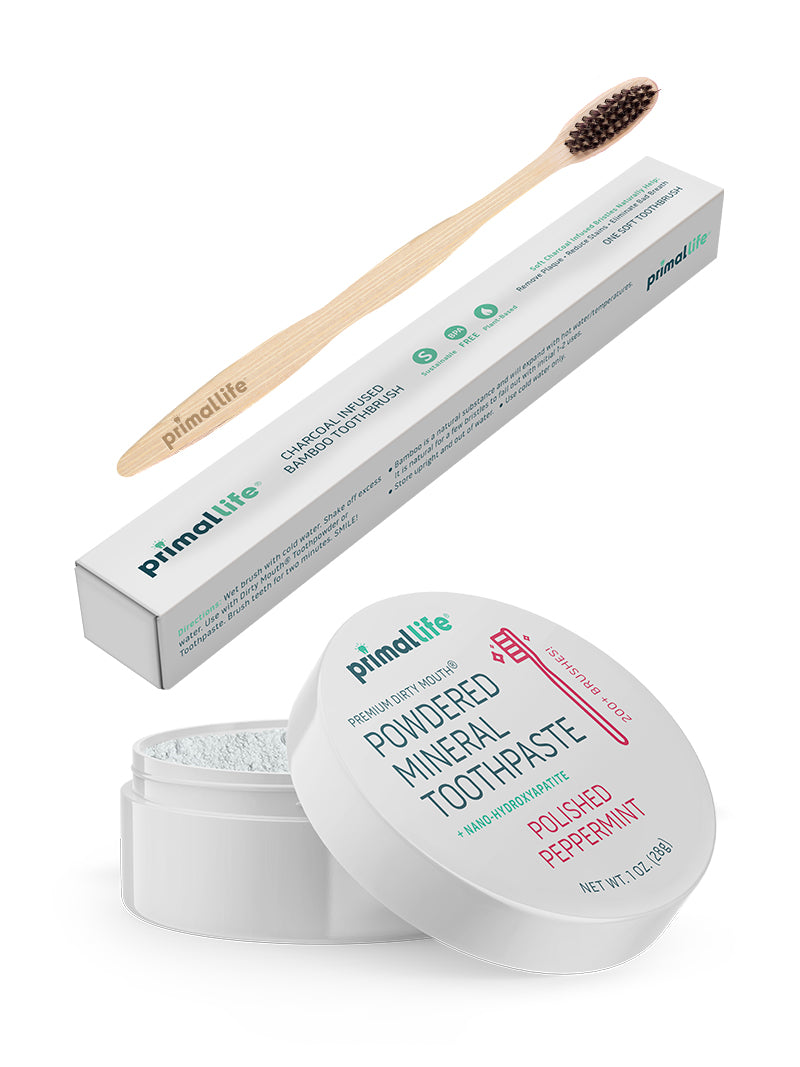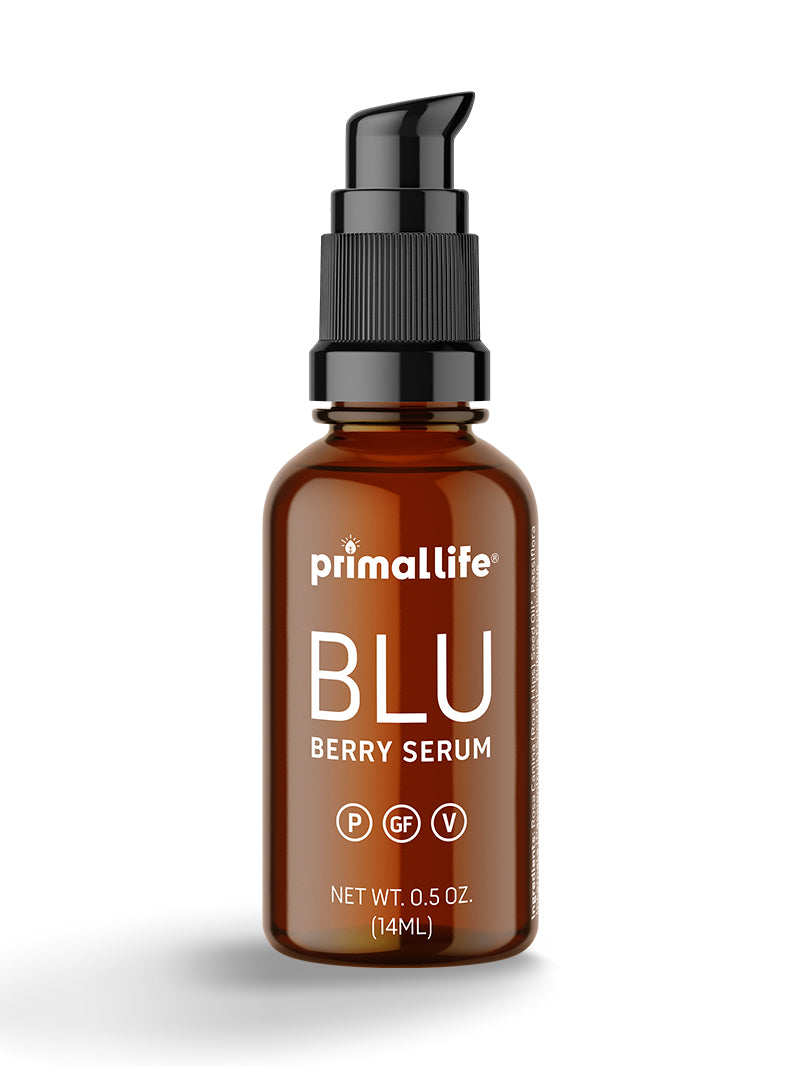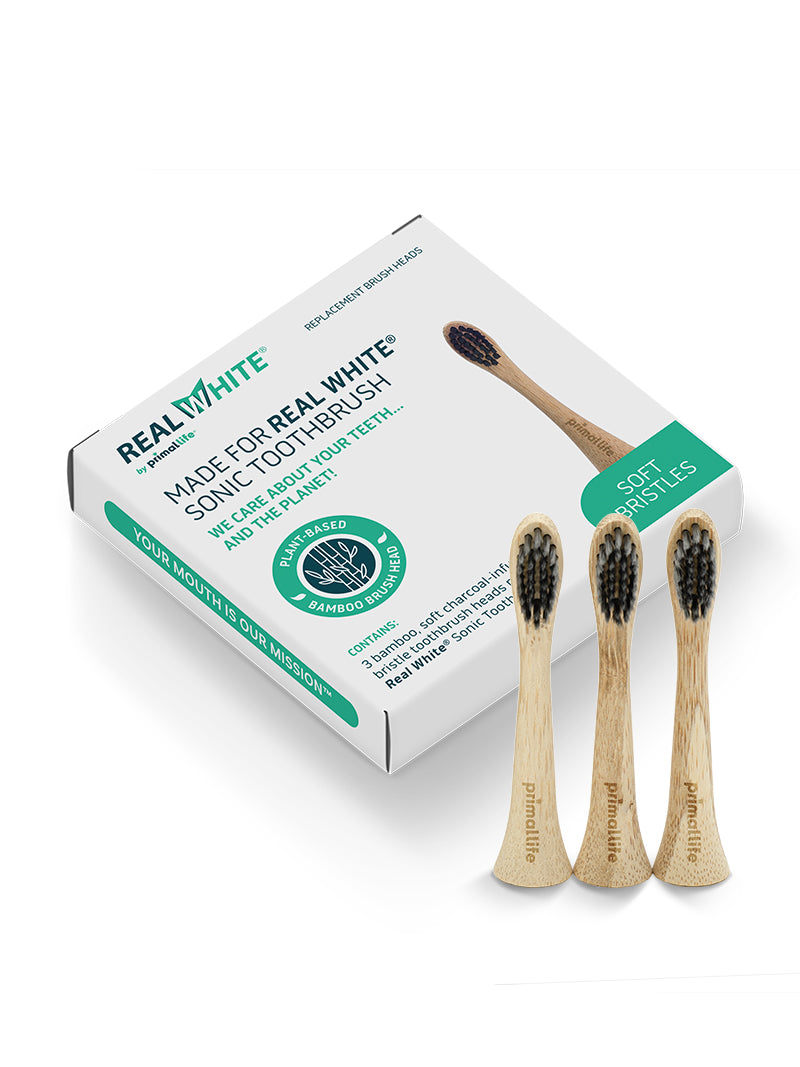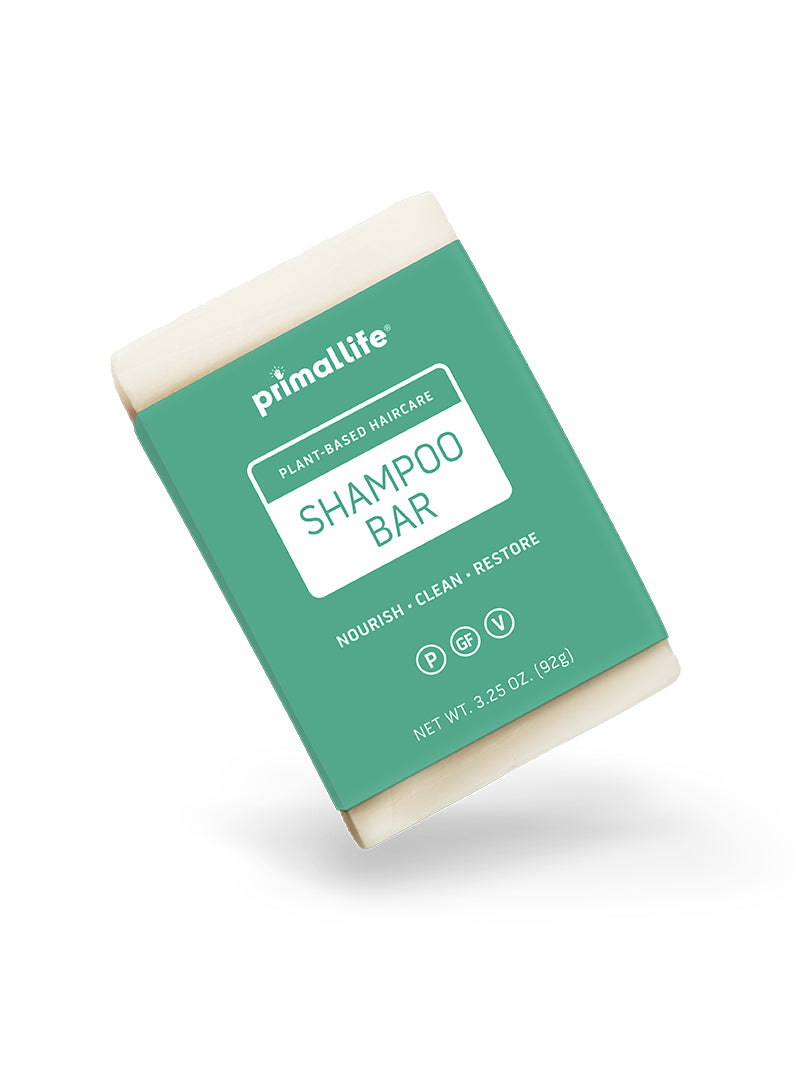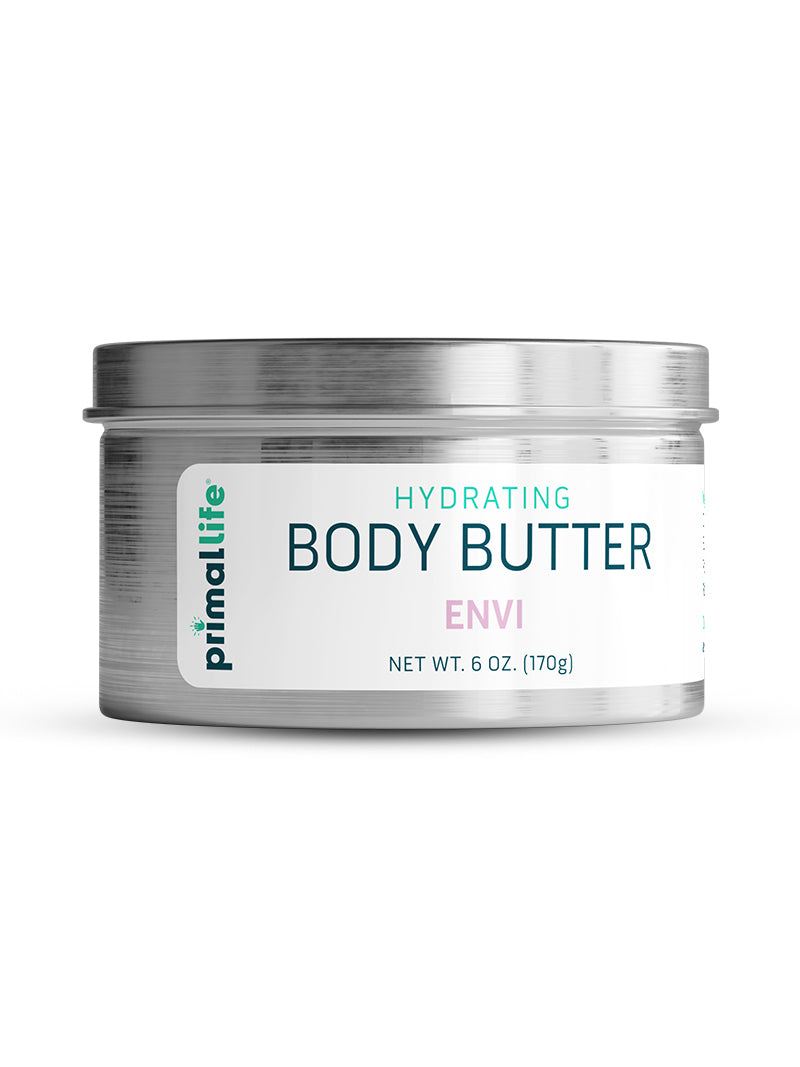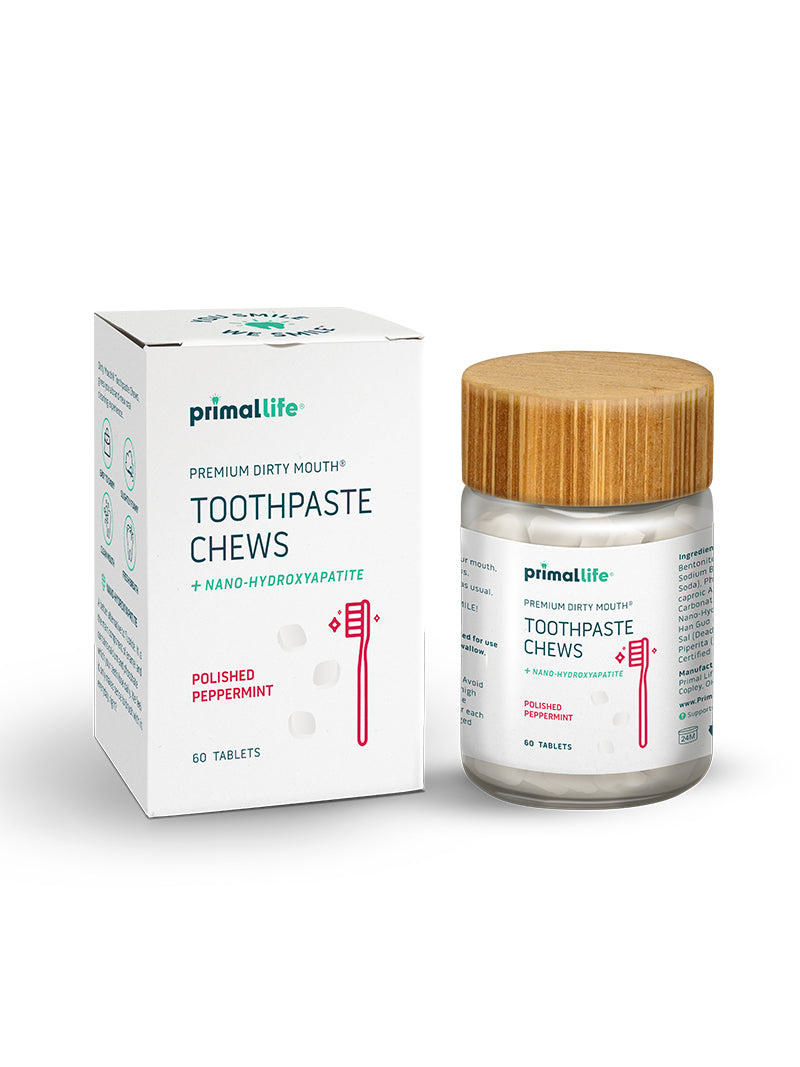Do You Know the Importance of Entering REM Sleep Cycle?

Do you struggle to get a good night’s sleep? How often do you obtain adequate REM Sleep? Is entering the REM sleep cycle critical for your health and well-being? How long do these cycles last? What factors can interfere with your REM sleep cycles? What can you do to increase the amount of REM sleep you experience nightly?
These might all be questions that you have wondered or heard people discuss before, as the importance of sleep has been a trending topic of medical discussion for decades. Today, I am going to be answering all of these questions and getting to the bottom of the importance of REM sleep, why you should prioritize your sleep, and how you can increase your REM cycles and improve your nightly sleep routine.
The term REM sleep has been wildly trending over the past few years, and many people know that it is important, but they don’t really know what it means. The term “REM” stands for “Rapid Eye Movement” while you sleep. However, there are several other stages your body enters while you sleep as well.
When you fall asleep, your body enters four different stages of sleep, and the longer you sleep, the deeper your body is able to experience these sleep stages. You may be wondering what each of these stages are. So, listed below are the several stages which your body enters while it’s asleep:
- NREM- The term “NREM” sleep stands for “Non-REM” sleep. This first stage, which is also referred to as N1, typically lasts for the duration of one to five minutes. These first few minutes of your sleep are also known as the “dozing off stage,” where your body is likely to twitch, your brain activity begins to change, and you can easily be woken up.
- NREM Sleep- The second stage of sleep, also known as N2, lasts anywhere from 10-60 minutes. During this cycle, your body temperature drops, your heart rate settles, the body’s muscles relax, and breathing slows. Your brain activity slows down, but scans show bursts of activity that help ignore external stimuli which could wake you up. The average person spends about half of their sleep in the N2 stage.
- NREM Sleep- The third sleep stage, N3 or deep sleep, commonly lasts 20-40 minutes. This stage is called the deep sleep stage because your muscles relax, pulse slows, and breathing softens even more. It becomes much more challenging to be woken up. The brain’s activity during this stage has an irregular rhythm, known as delta waves. This stage, similar to REM, is essential to restorative growth, building the immune system, and can help increase memory, critical thinking, and insightful thinking.
- REM Sleep- The fourth stage, REM sleep, typically lasts for 10-60 minutes. During this stage, your brain activity increases. Although your muscles and breathing are still relaxed, your eyes (although still closed) move rapidly. This stage is dignified as essential for cognitive brain function like memory, learning, and creativity. During this stage, you are likely to experience vivid dreams. The REM sleep stage increases throughout the night, meaning that the REM stage may only last for a few minutes at the beginning of the night and longer as the night progresses.
Why are sleep stages and the understanding of them important? Well, sleep stages allow the brain and the body to recover and develop. An inadequate amount of sleep poses consequences on thinking, emotion, and physical health. By getting an adequate amount of sleep, the human body can basically reset itself and even heal itself. Think of yourself as a cell phone. While you sleep, the battery charges; some nights, the software updates, and sometimes storage is automatically deleted. This is similar to how your body recharges, your muscles recuperate, your body processes naturally, and your emotional and hormone levels stable out. It is essential to get sleep in order to function properly.
So, how can you increase the duration of your sleep and your REM cycles? Well, there are many ways!
For starters, the first way to improve your sleeping habits is by curating a bedtime routine. It may sound obvious, but having a nightly bedtime routine helps send signals to your brain and body that it is preparing to go to sleep. This nightly routine could involve a skincare regimen, winding down by reading a book or listening to music, taking a shower, or even making a snack. No matter what your nightly routine entails, consistency is the key!
The next recommendation for improving sleep habits and REM sleep cycles is to take a natural supplement or vitamin which can help your body achieve REM sleep more easily. The Sleep. Naturally Supplement is an excellent resource for helping improve your sleep because it contains melatonin and vitamin B-6, which are both known to help induce sleep through the production of tryptophan and serotonin. This supplement also contains ethically sourced velvet deer antler, bovine colostrum, and mucuna, which help with growth, speeding up the metabolism, essential hormone production, and the brain’s dopamine production (mood-stabilizing).
Another way to improve your REM sleep is actually by checking your toothpaste. Many large brand toothpastes contain an exuberant amount of fluoride, which has been linked to affecting sleep. Scientific experts believe the amount of fluoride in your toothpaste can actually prevent REM sleep and dreaming during sleep due to the effects of fluoride on brain activity. So, switching to a fluoride-free toothpaste or toothpowder could also help you obtain a better night’s rest.
For more information on how fluoride in toothpaste can harm your body, click here.
While working on improving your REM sleep cycle, it is vital to also improve your circadian rhythm. What is this you may be asking? It's the internal clock that you have instilled inside your brain. With 7 simple steps - you may already be following them - you can keep your circadian rhythm in check. With the help of Slumber Yard, you can gain all of the needed information to improve you sleep health by clicking here.
Social Media Links:
Website - www.primallifeorganics.com
Instagram - @primallifeorg
Facebook - PrimalLifeOrganics
Twitter - @PrimalLifeOrg
Tik Tok- @primallifeorg
Works Referenced:
https://www.sleepassociation.org/about-sleep/stages-of-sleep/rem-sleep/
https://www.sleepfoundation.org/how-sleep-works/stages-of-sleep
https://fluoridealert.org/issues/health/pineal-gland/
https://ehjournal.biomedcentral.com/articles/10.1186/s12940-019-0546-7


